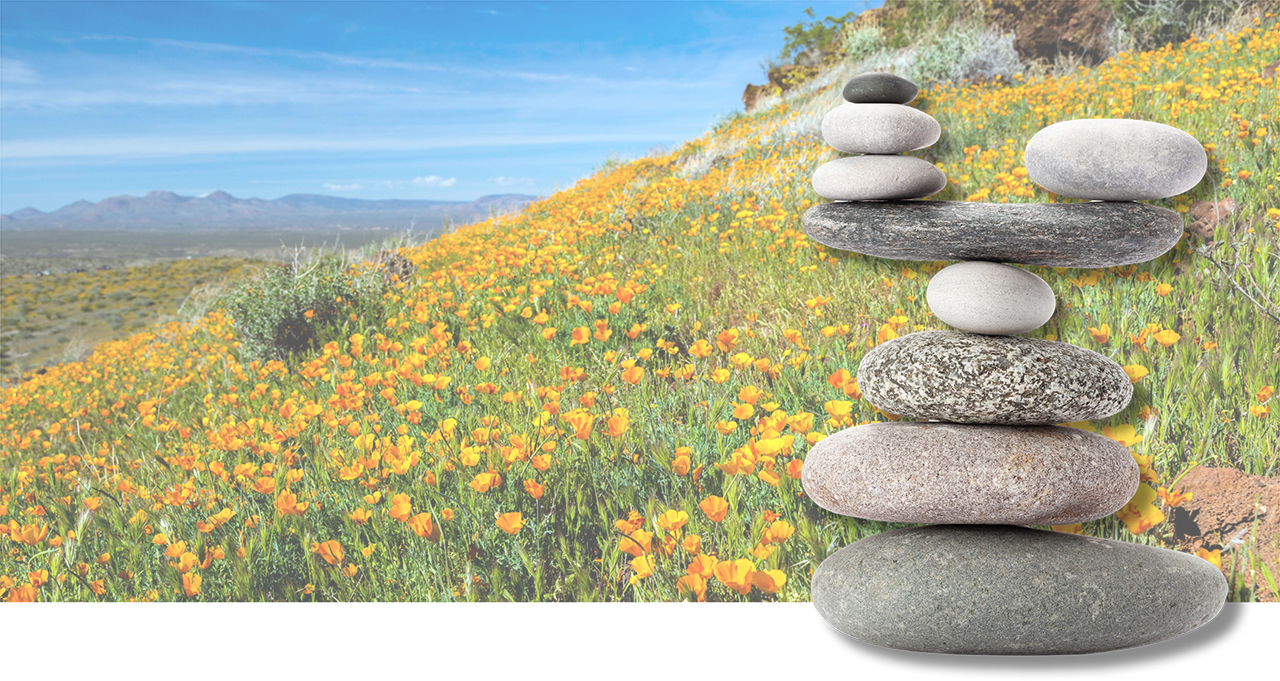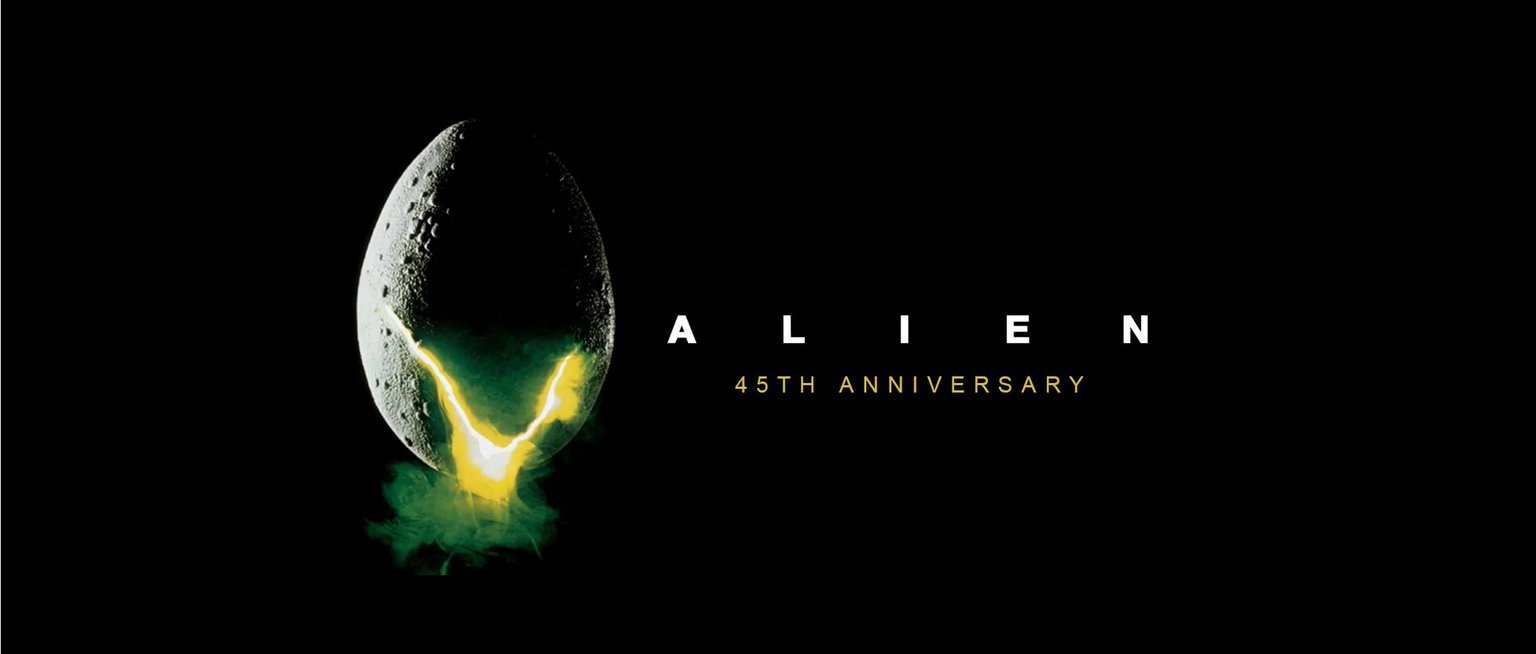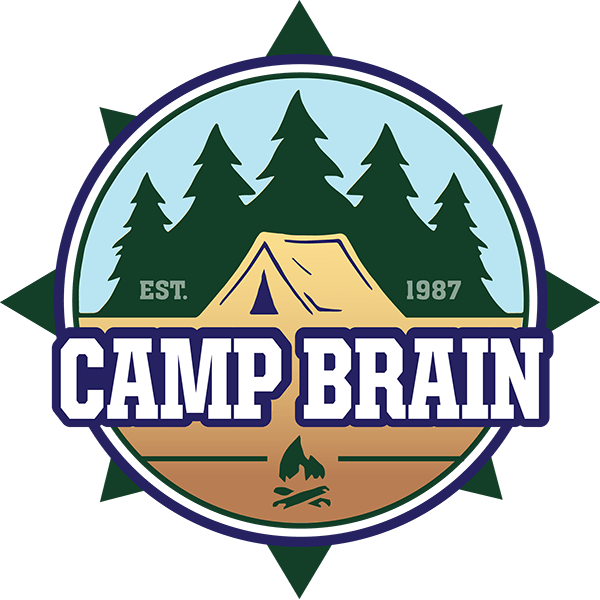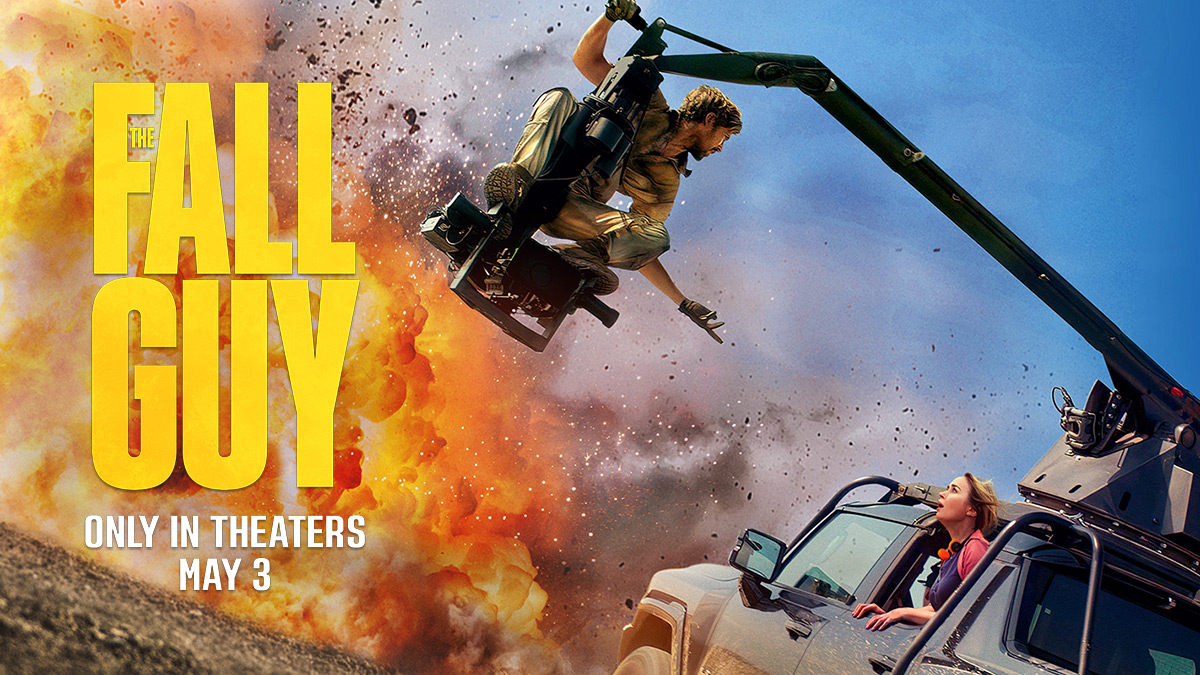Bruce Willis and His Family Announce Aphasia Diagnosis
At the Brain Injury Alliance, our thoughts are with Hollywood star Bruce Willis and his family. Bruce disclosed he has been diagnosed with Aphasia and will be stepping away from acting. Aphasia is the loss of the ability to understand or express speech, caused by brain damage. This communication disorder is commonly seen after a stroke, but also occurs in survivors of traumatic brain injury (TBI), brain tumors, and infection.
While Bruce is known for the tough guys he portrays in movies like Die Hard and Armageddon, local Aphasia survivor Michelle Nguyen suggests Bruce can tap into a different kind of strength. “To keep going after a diagnosis of Aphasia, you have to be strong and decide that you are never going to give up,” says Nguyen, “but at the same time you need to be kind to yourself.”
Bruce Willis and His Family Announce Aphasia Diagnosis
At the Brain Injury Alliance, our thoughts are with Hollywood star Bruce Willis and his family. Bruce disclosed he has been diagnosed with Aphasia and will be stepping away from acting. Aphasia is the loss of the ability to understand or express speech, caused by brain damage. This communication disorder is commonly seen after a stroke, but also occurs in survivors of traumatic brain injury (TBI), brain tumors, and infection.
While Bruce is known for the tough guys he portrays in movies like Die Hard and Armageddon, local Aphasia survivor Michelle Nguyen suggests Bruce can tap into a different kind of strength. “To keep going after a diagnosis of Aphasia, you have to be strong and decide that you are never going to give up,” says Nguyen, “but at the same time you need to be kind to yourself.”


ABOUT BRAIN INJURY ALLIANCE OF ARIZONA
The Brain Injury Alliance of Arizona (BIAAZ) is the only statewide nonprofit organization dedicated to improving the lives of adults and children with all types of brain injuries through prevention, advocacy, awareness and education. BIAAZ also houses the Arizona Brain Health Resource Center, a collection of educational information and neuro-specific resources for brain injury survivors, caregivers, family members and professionals.
What began in 1983 as a grassroots effort has grown into a strong statewide presence, providing valuable life-long resources and community support for individuals with all types of brain trauma at no charge.
The Brain Injury Alliance of Arizona:
- Works with Congressional Brain Injury Task Force
- Houses Arizona Brain Health Resource Center
- Hosts Statewide Opioid Use Disorder & Cognitive Impairment Workgroup
- Has Statewide Opioid Use Disorder & Cognitive Impairment Response team with peer support, training, and family wraparound services
- Facilitates Brain Health Advisory Council
- Manages statewide Neuro Info-Line: 888-500-9165







